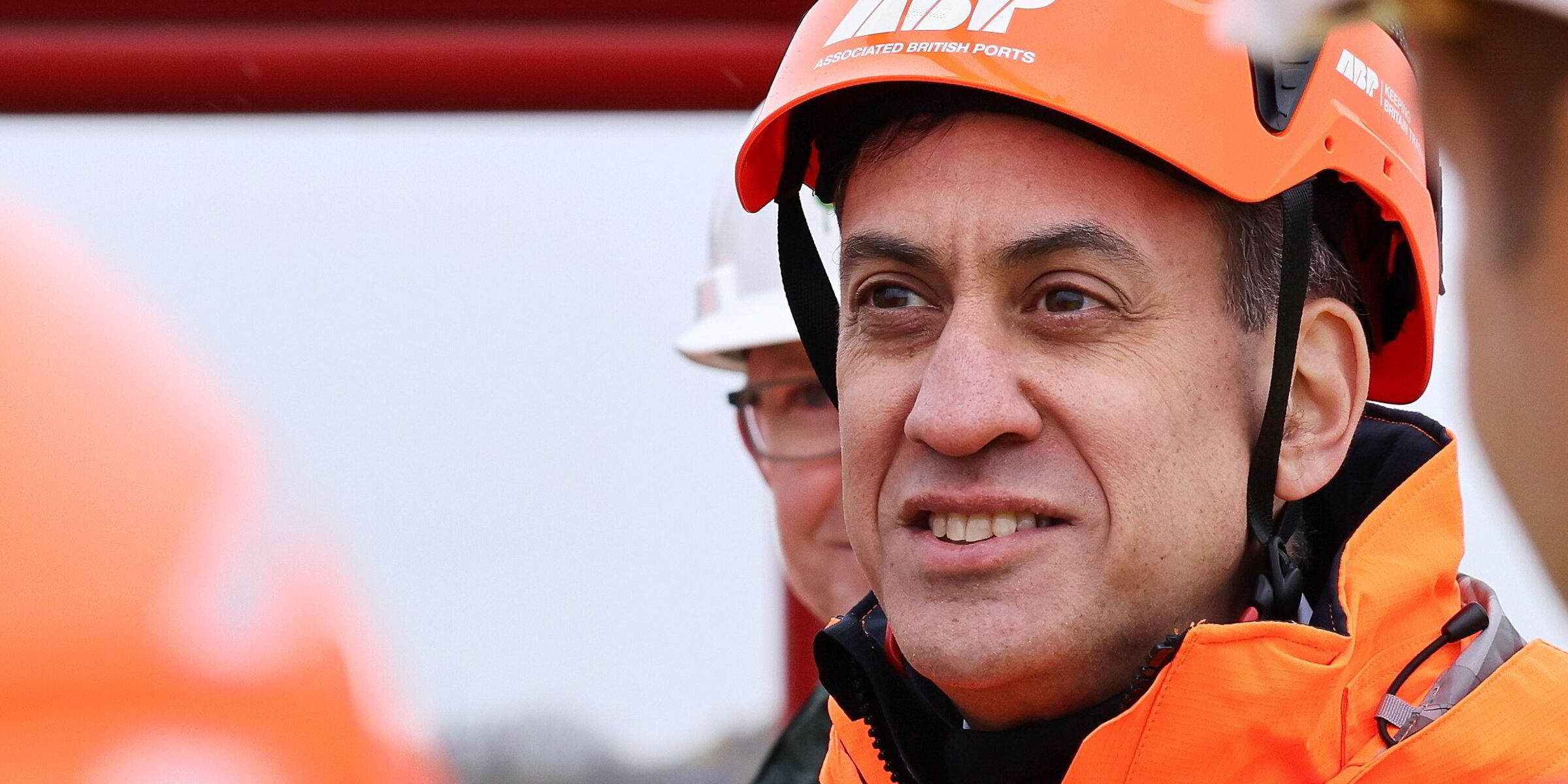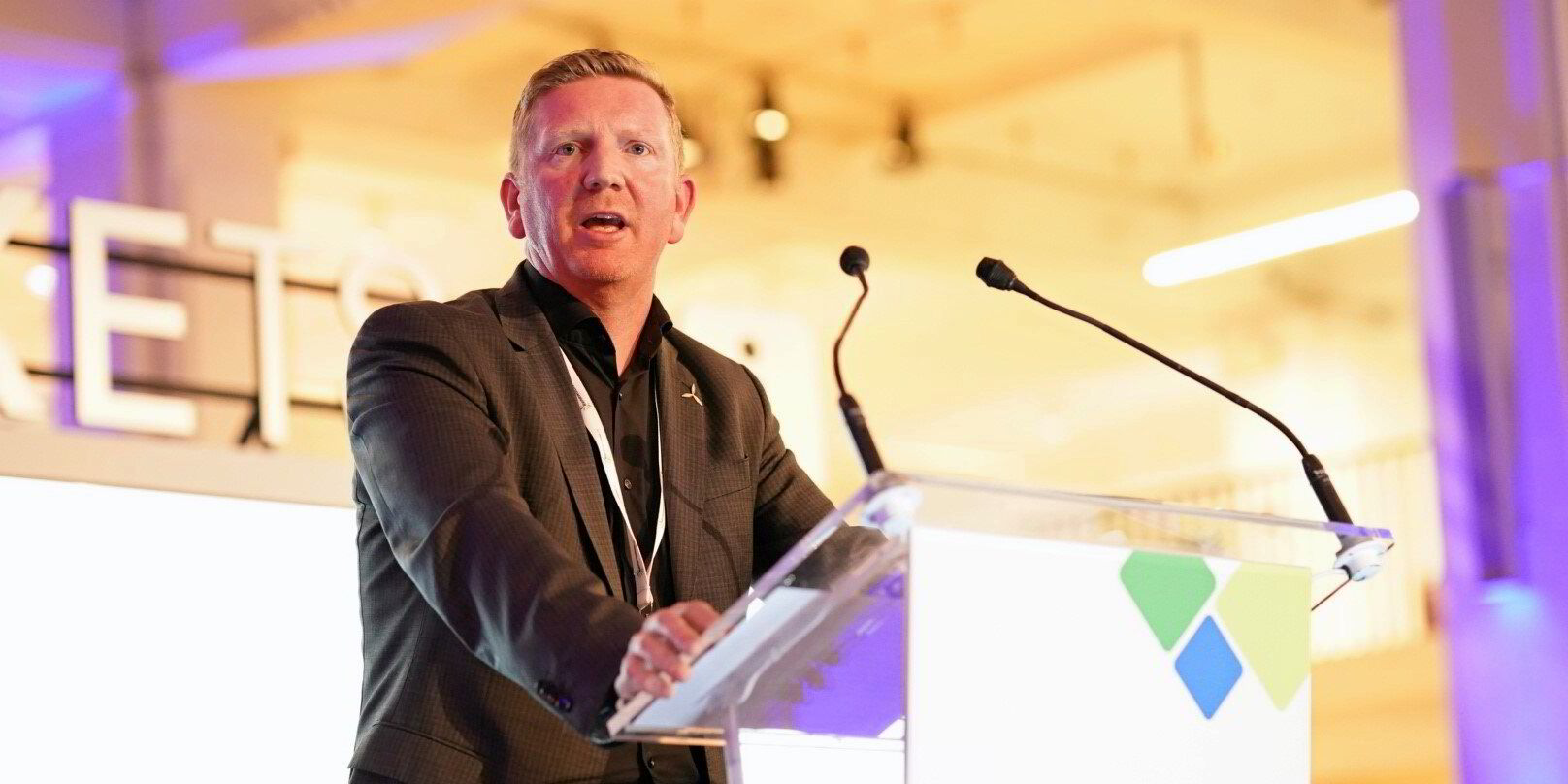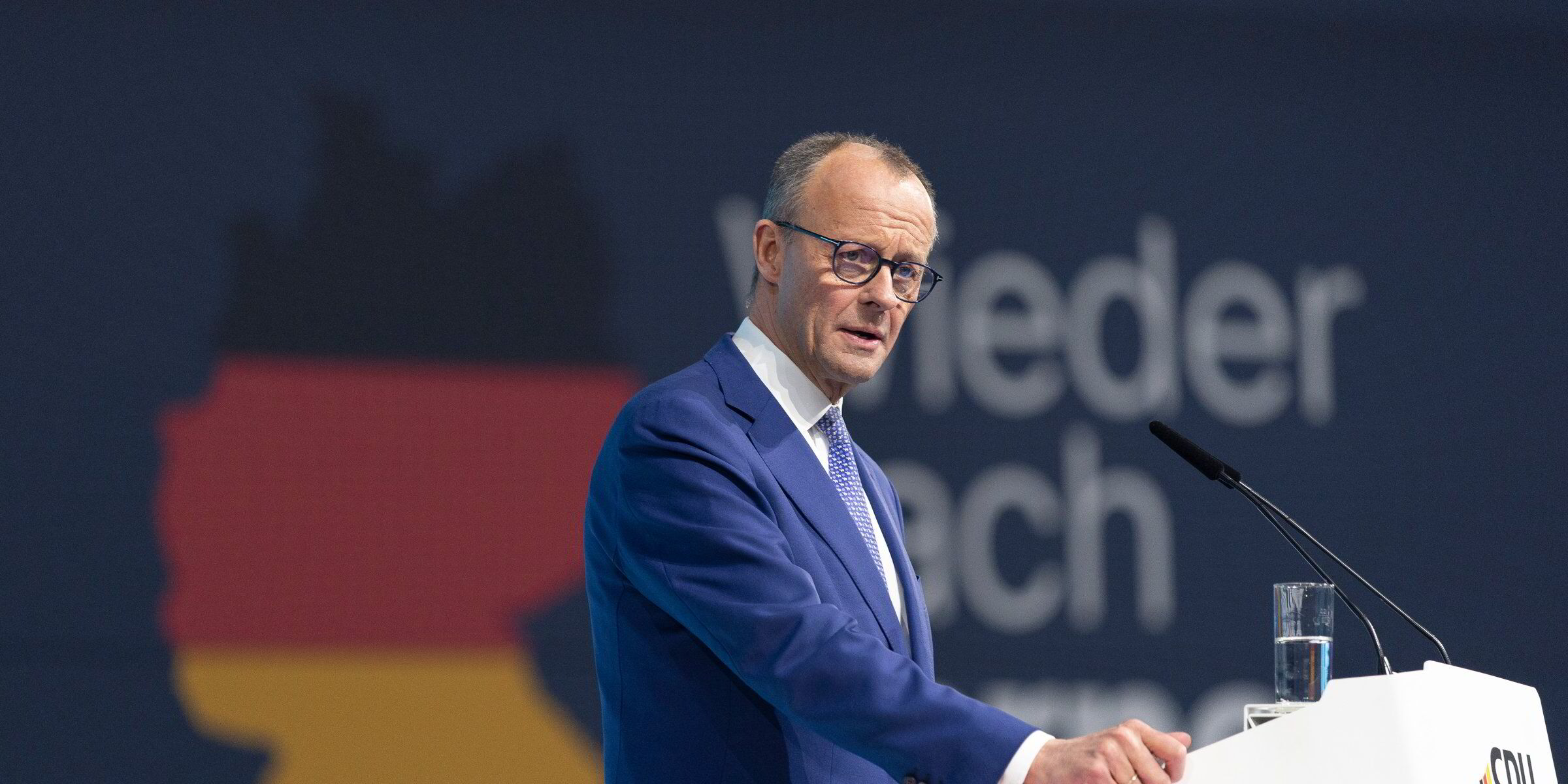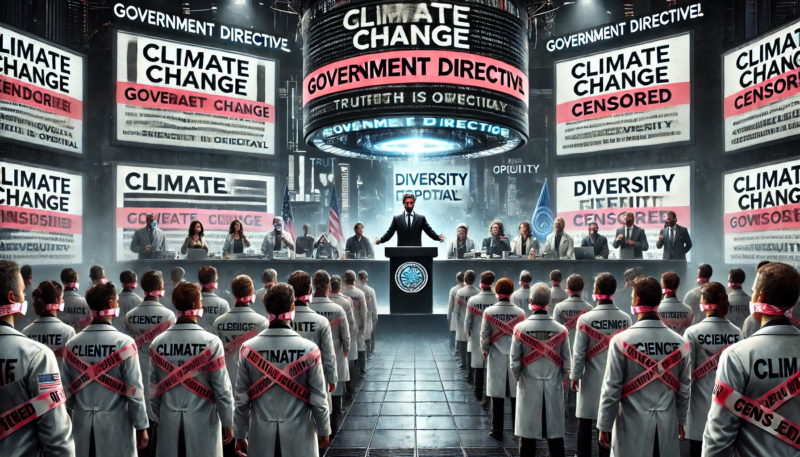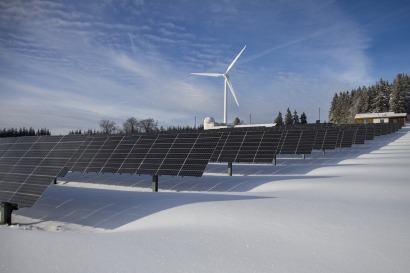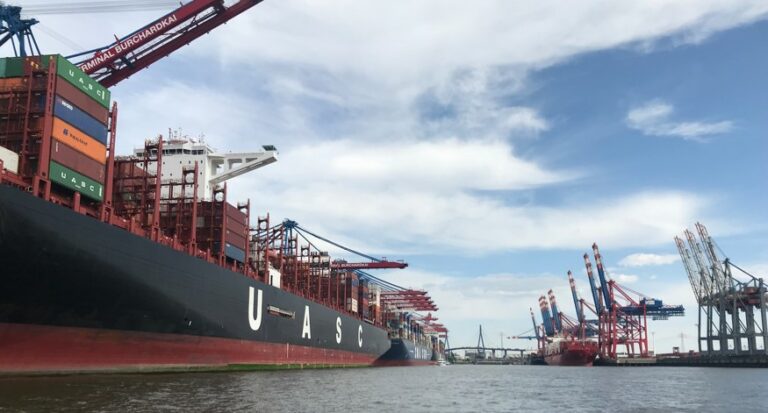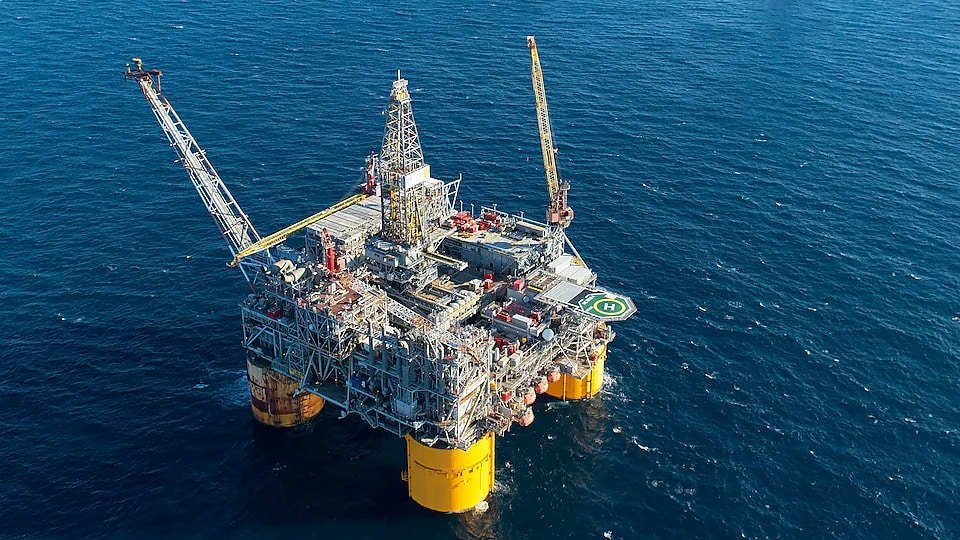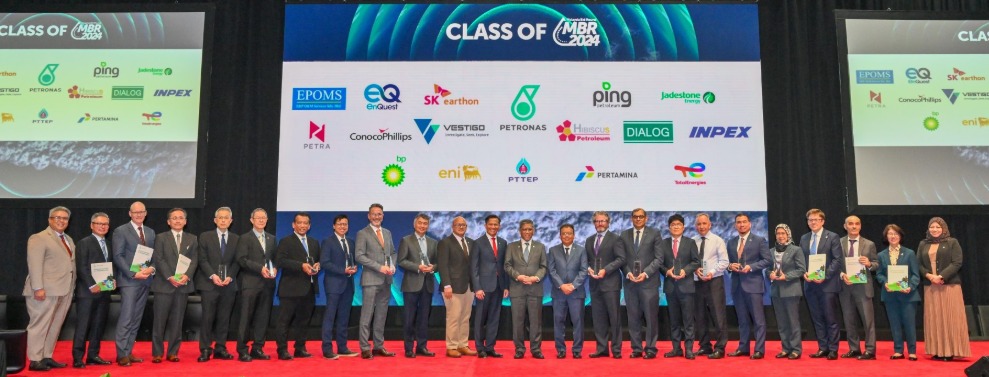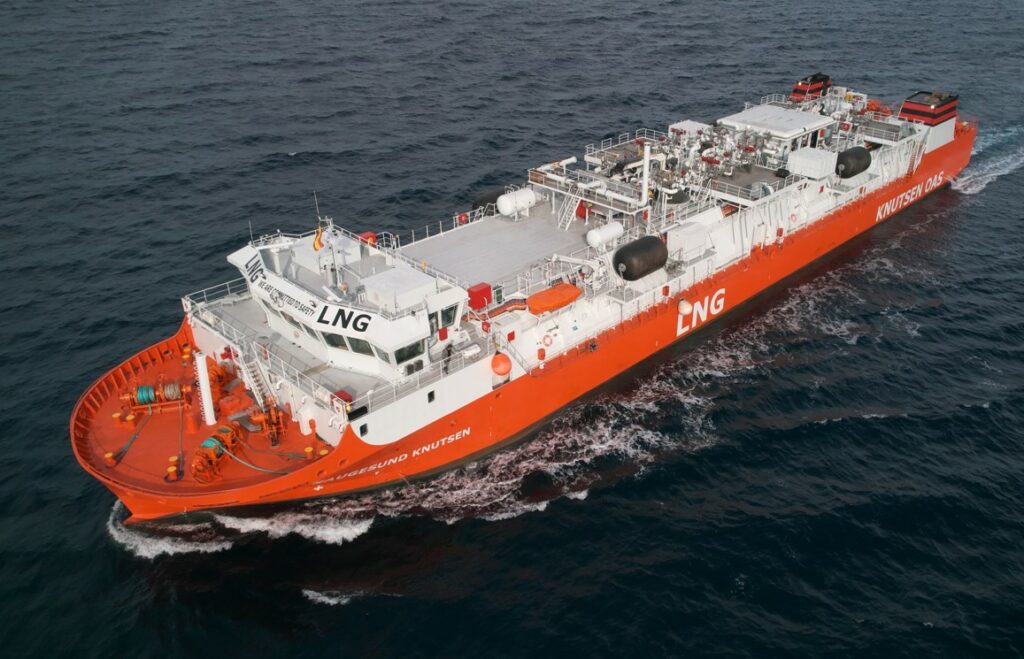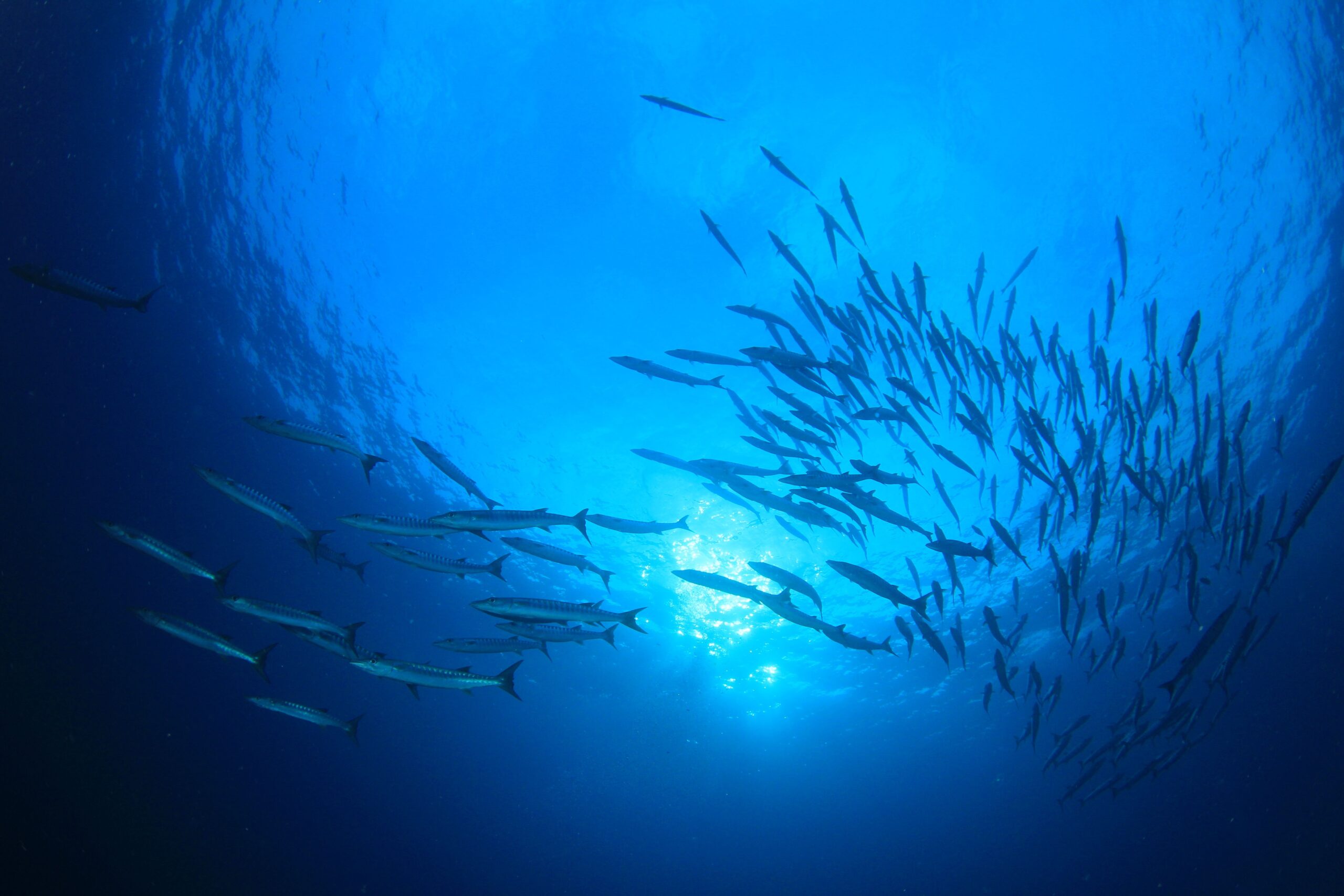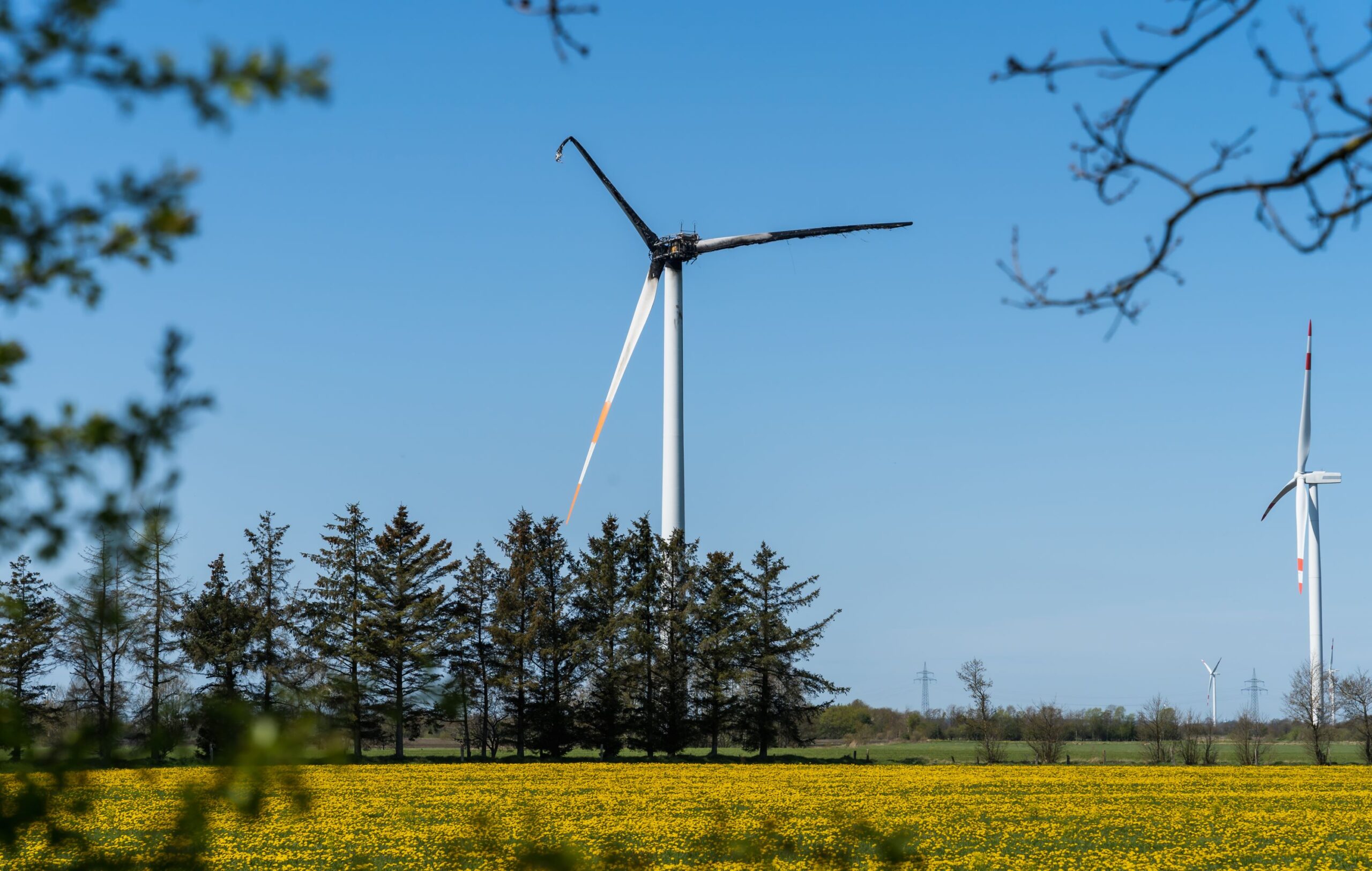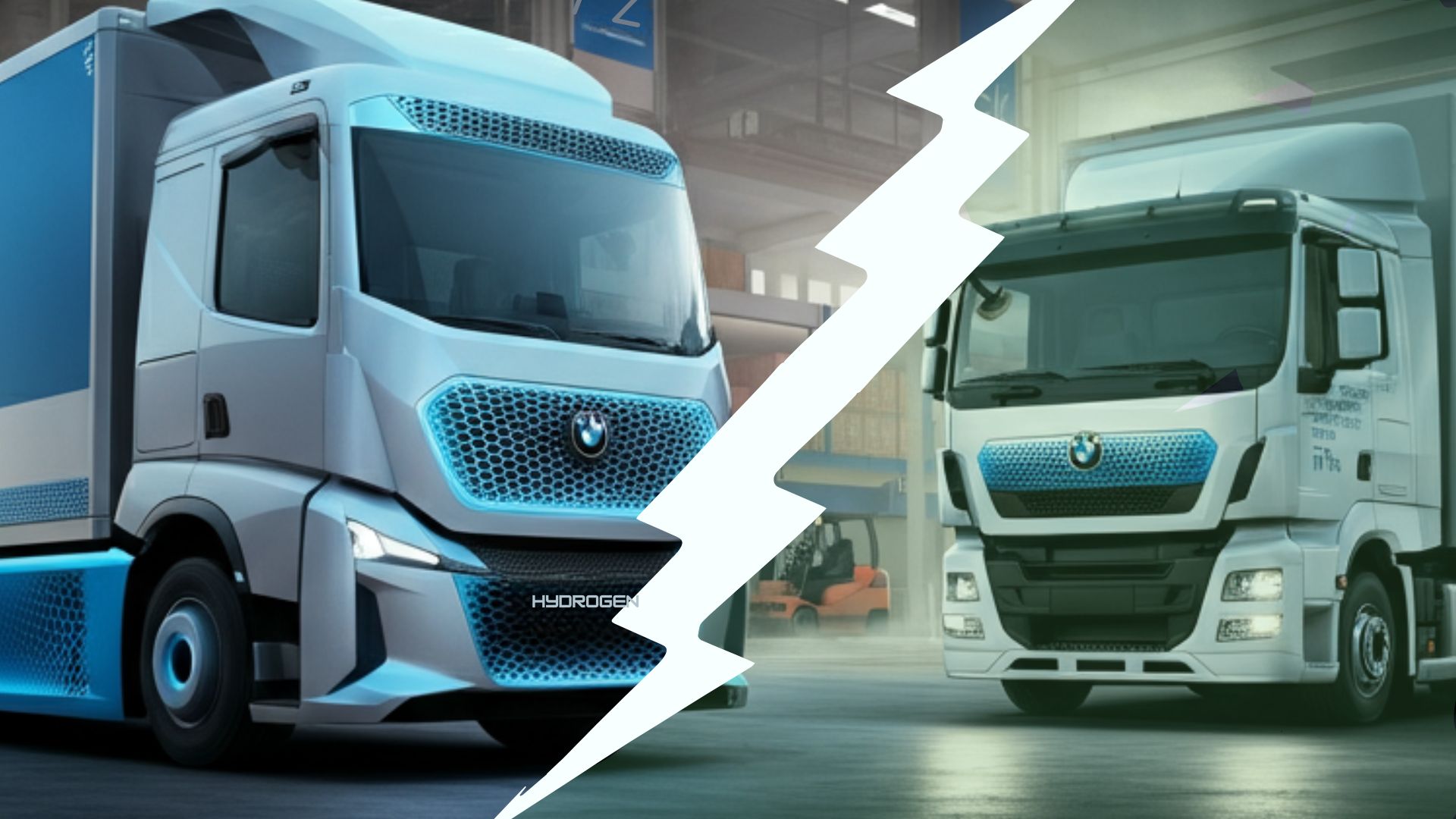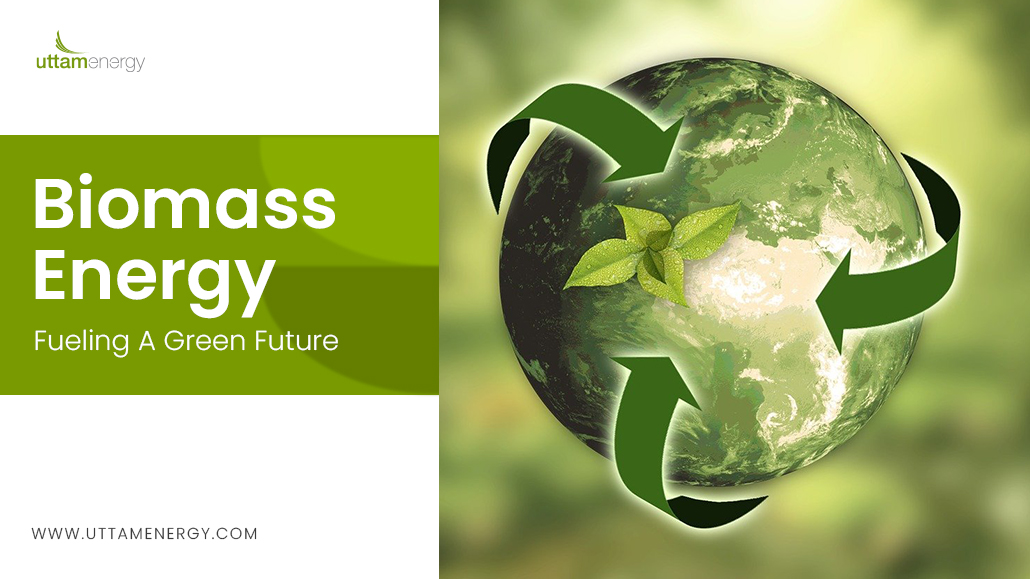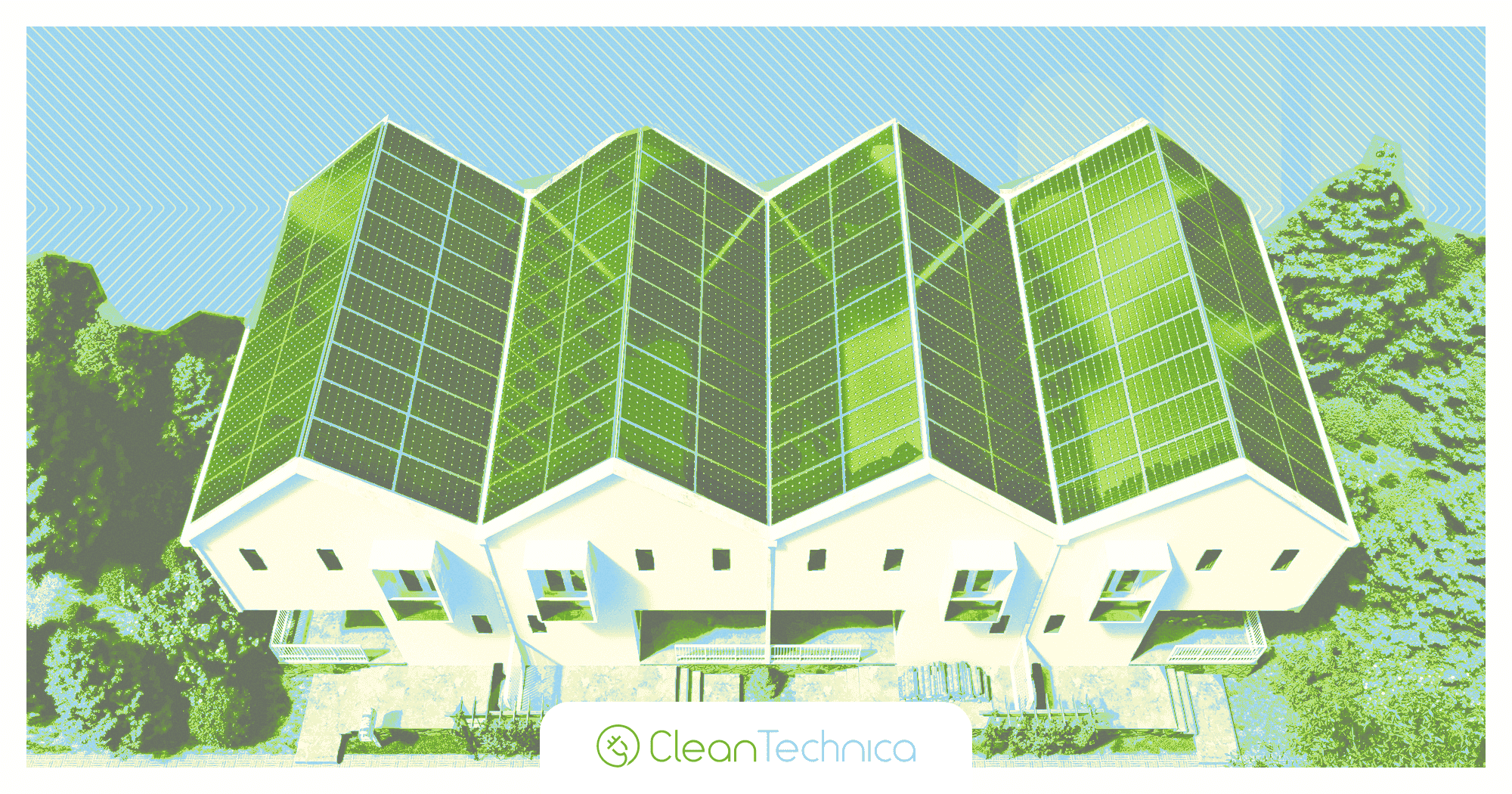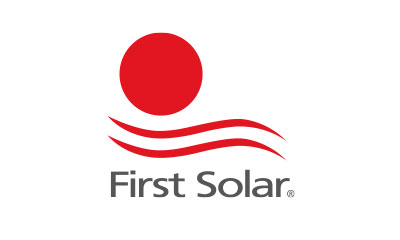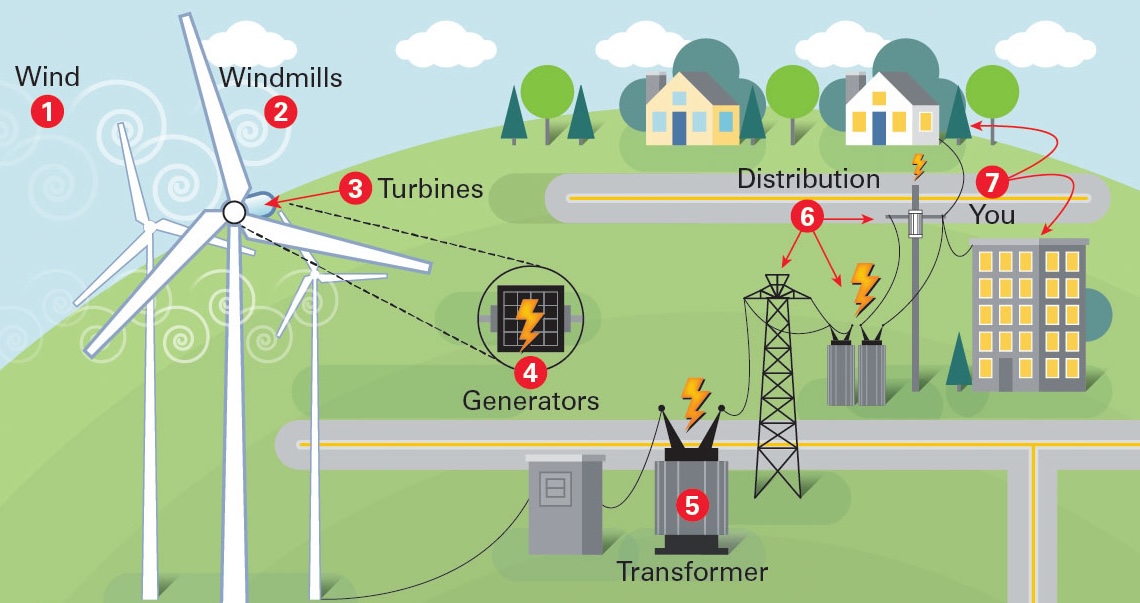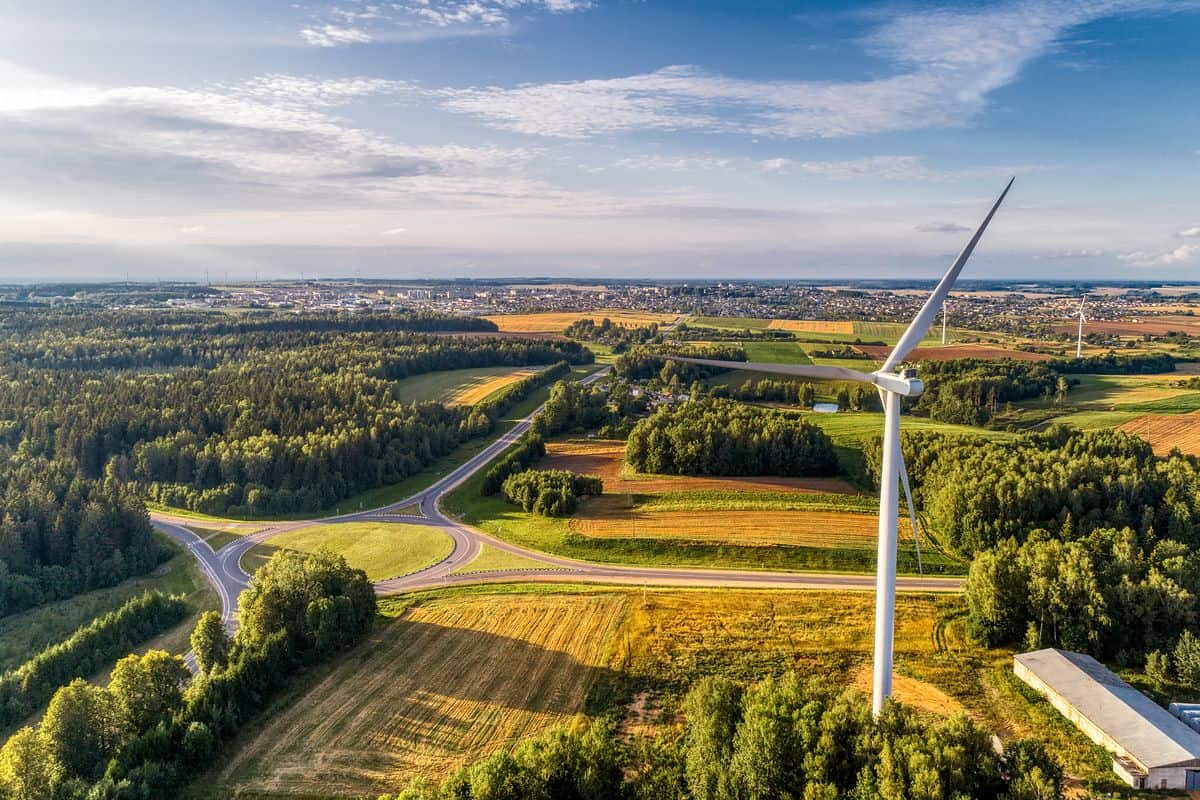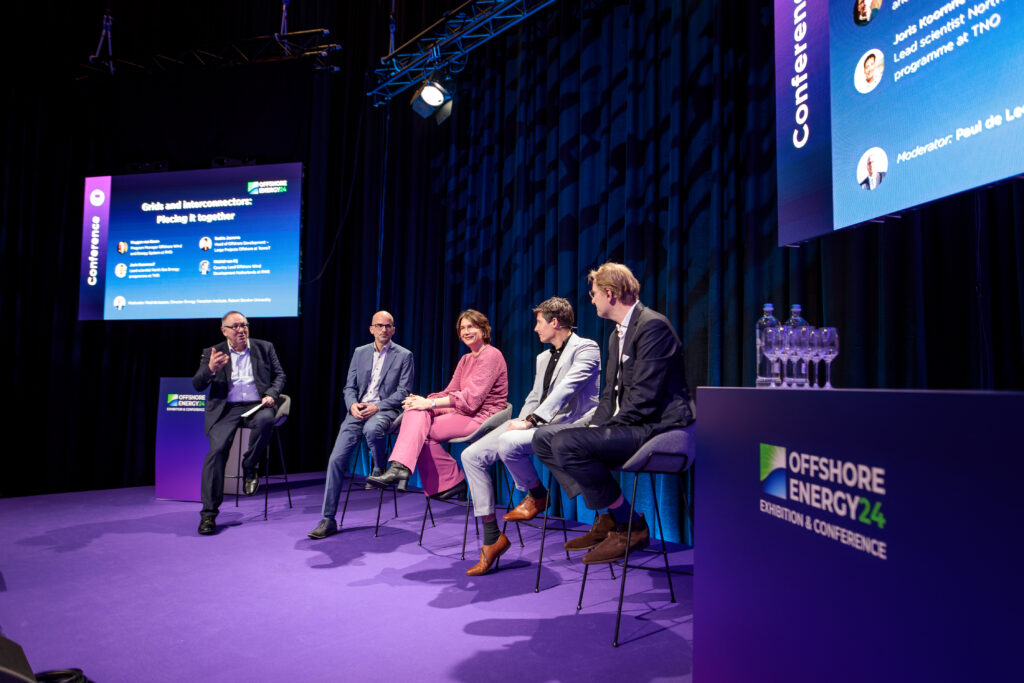Bioenergy: A European engine for growth and innovation
Bioenergy Europe has released its 2024 Landscape Report, providing a detailed analysis of bioenergy’s role in supporting Europe’s transition to a net-zero economy by 2050, highlighting bioenergy’s contributions to decarbonization, energy independence, and economic competitiveness.

The Bioenergy Europe 2024 Bioenergy Landscape report along with the accompanying Policy Brief deliver key insights for policymakers and market actors, highlighting bioenergy’s contributions to decarbonization, energy independence, and economic competitiveness.
The 2024 Landscape Report provides clear and actionable data to help understand bioenergy’s role in Europe’s decarbonization efforts. Bioenergy remains the largest renewable energy source in Europe today, offering unmatched opportunities to reduce emissions, create jobs, and strengthen energy security through the use of local resources, stated Jean-Marc Jossart, Secretary General of Bioenergy Europe.
As highlighted in the report, bioenergy accounted for 54 percent of Europe’s renewable energy mix in 2022, avoiding 300 million tonnes of carbon dioxide (CO2) emissions annually.
The sector directly contributes to Europe’s energy security, reducing dependence on external energy imports while fostering rural economies and local employment.
Europe has a unique opportunity to lead on renewable technologies, creating 1.5 million jobs and potentially boosting EU GDP by up to EUR 70 billion by 2050. This is the time to place bioenergy at the core of Europe’s energy, industrial, and climate strategies, added Jean-Marc Jossart.
Bioenergy Europe identifies four critical areas where bioenergy can deliver immediate and long-term benefits for the EU’s climate and energy objectives:
- Incentivising Bio-Based CD Technologies: the EU should incentivize bio-based carbon dioxide removal (CDR) technologies like Bioenergy with Carbon Capture and Storage (BECCS) to achieve European decarbonization targets and support industries in the transition from a fossil-fuel economy to a bio-based one.
- Accelerating Appliance Upgrades for Sustainable Heating: modern bioheat technologies provide a cost-effective solution to decarbonize the EU’s heating sector. Replacing outdated appliances with renewable alternatives will improve energy efficiency, lower emissions, and reduce costs for households and businesses.
- Ensuring a Sustainable Biomass Supply: a secure and sustainable biomass supply will bolster Europe’s bioeconomy and support its energy and climate objectives. The Bioeconomy strategy should reflect that.
- Providing Regulatory Stability: stable regulations are crucial to attract investments and foster innovation. This can be key to enhancing the EU’s competitiveness driving the transition to a net-zero economy.
What's Your Reaction?







